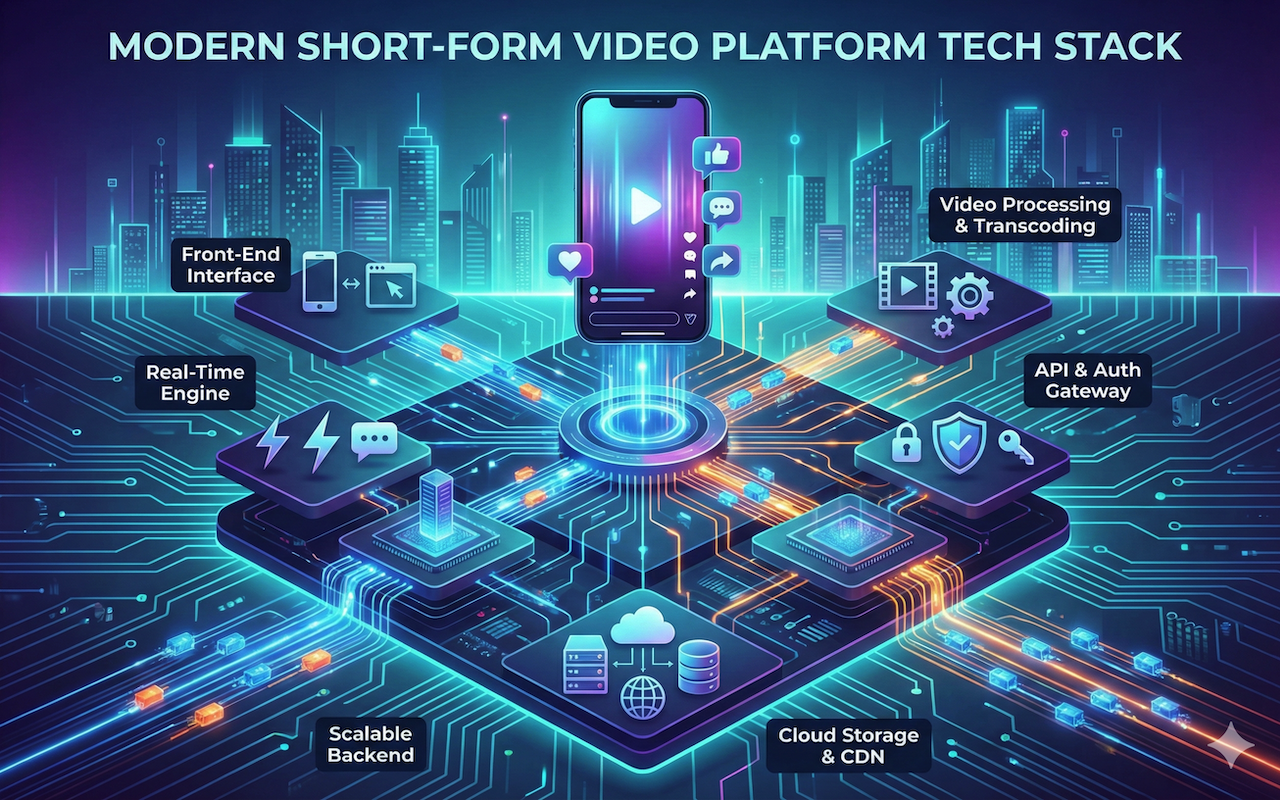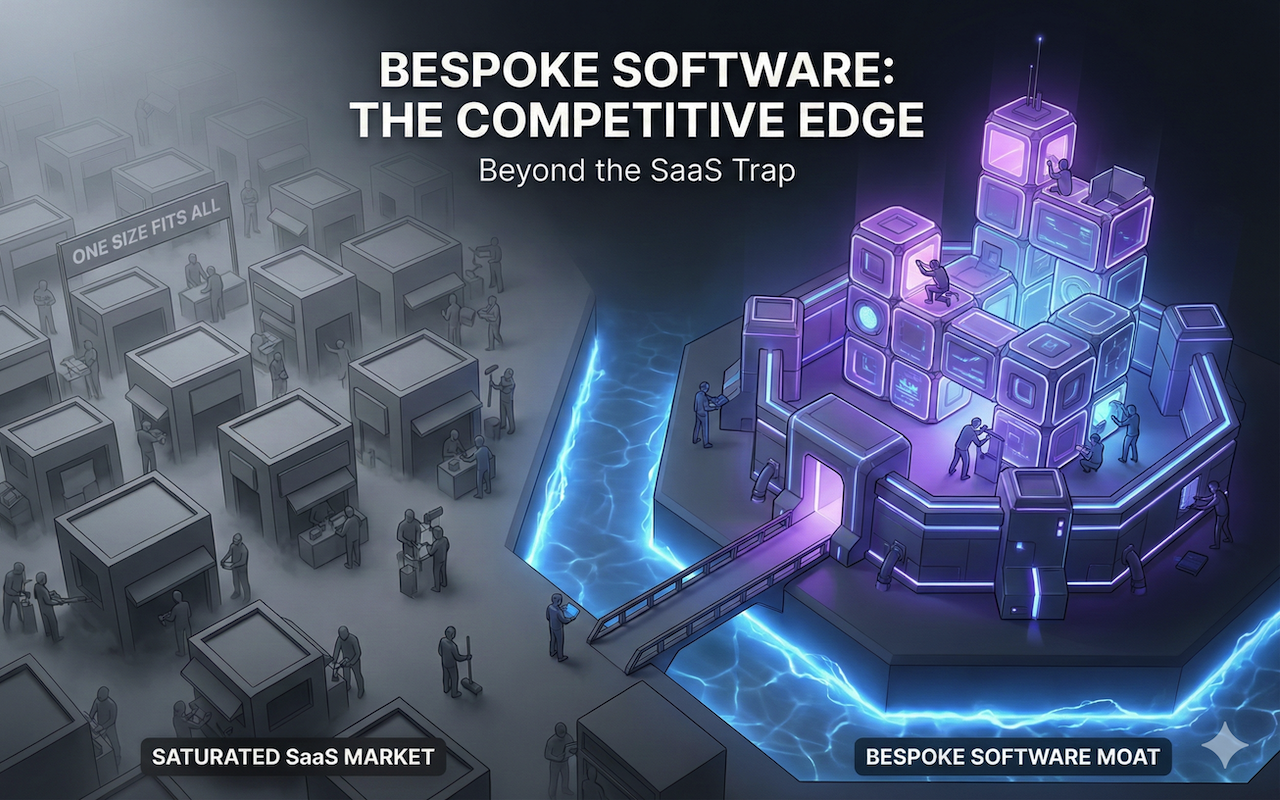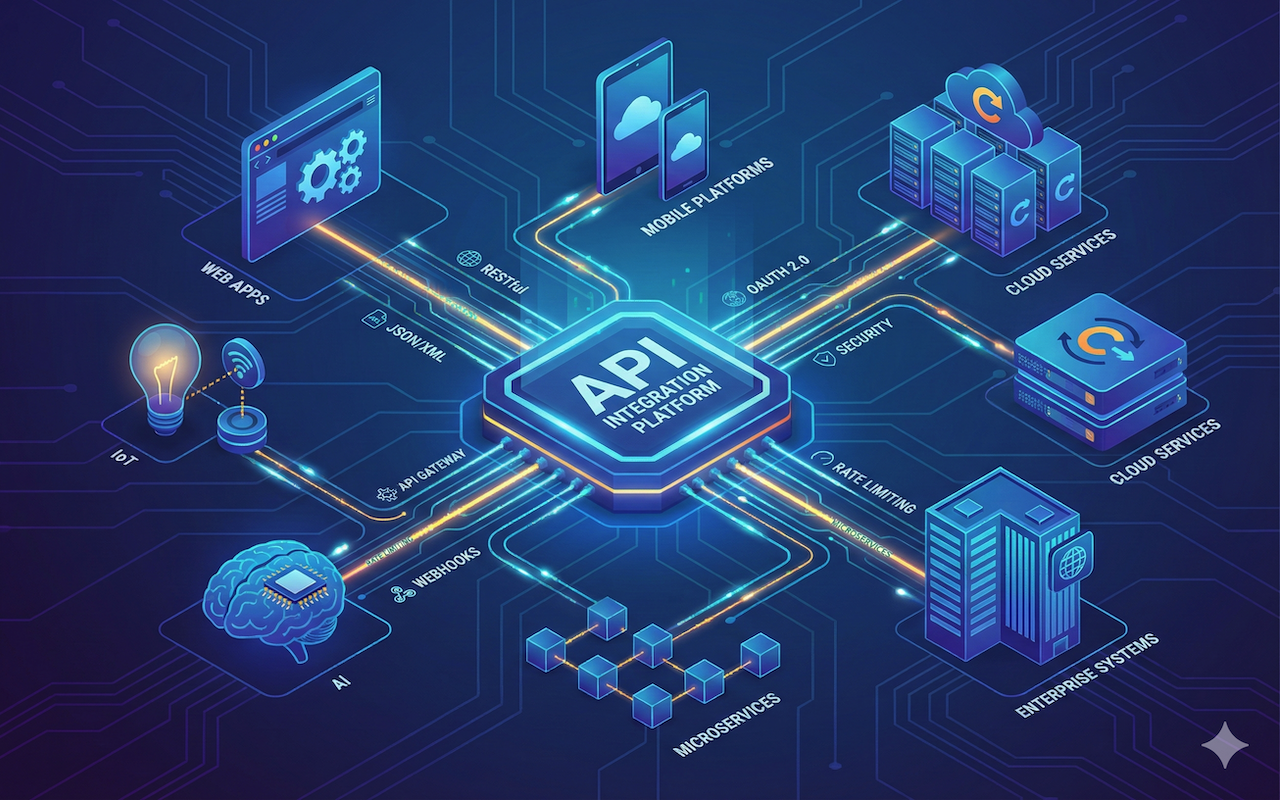
Short-form video content has transformed the digital landscape, driving massive changes in how users create and consume media. Platforms built around bite-sized videos, real-time interaction, and creator-driven discovery now set the standard for engagement. However, having a great idea alone isn’t enough. To compete in this space, the underlying technology must support scale, performance, and seamless user experiences.









